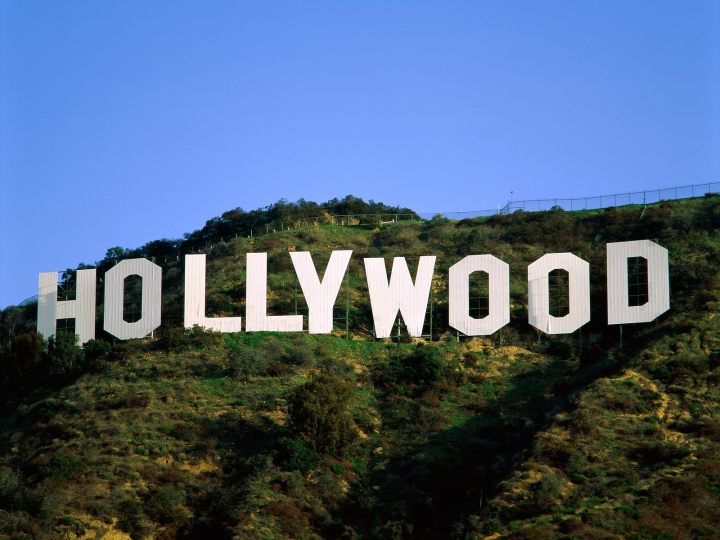
DVD sales are down. They are a major addition to Hollywood’s bottom line, and when the bottom line is threatened, people pay attention. As a result, Bloomberg reports that Universal and Warner Brothers are in talks with theater chains about shortening the time a film is available solely at a movie house, a process known as “windowing.”
You and I, AKA “the end user” or “product consumer,” could see access to brand new movies in as little as two weeks after the theatrical release, but there would be a premium price tag of $25 to $50 attached, which is “in line with a pair of tickets at theaters in cities like New York and Los Angeles.”
Kevin Tsujihara, head of Time Warner Inc.’s Warner Bros. said, “We’re working with them to try and create a new window. But regardless of whether it happens or not — whether we are able to reach that agreement with them, we have to offer consumers more choices earlier.”
Regal and Cinemark, 2 of the biggest chains in the country, have been resistant to narrowing the window of in-theater exclusivity, to the extent they boycotted Paramount Pictures films that were released to home video a mere seven weeks after their big screen debut.
Bloomberg adds that “Chains including Cinemark used to enjoy as much as six months of exclusive rights to new releases. In recent years, that has shrunk to about 90 days.” There’s a big difference between three months and two weeks, and it’s, as always, about the dollars. Another big question is how would this effect attendance in theaters? Some of us crave the traditional experience with the popcorn and ambiance, while others just want to flip open that laptop.
This is the type of perplexing issue that always arises when a long-standing paradigm faces its eventual evolution. “This is the way it’s always been” has to change, or it risks stagnation, decline, and eventual failure. The record industry is a prime example of that. Slow to recognize the arrival of the internet (Hello, Napster) they took a huge hit and had to scramble to embrace the new technology that was overtaking the landscape. Steve Jobs saw it and made the move with the iPod and iTunes, and an entire industry eventually lumbered along with him. The movie industry has of course embraced the streaming platforms, but we don’t know what moves the theater chains are going to make just yet.


